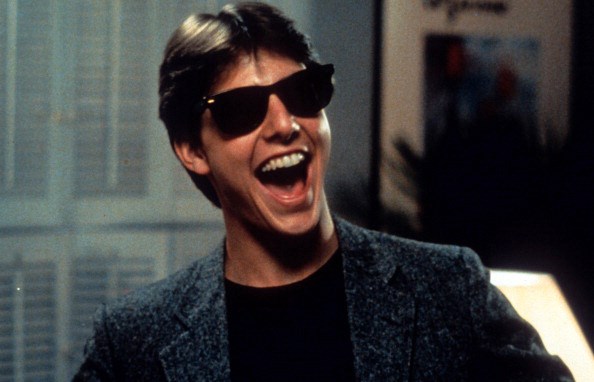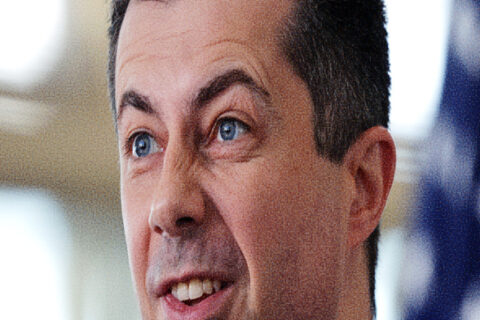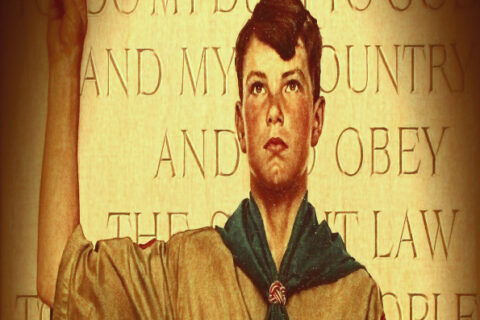The film director Martin Scorsese recently criticized movies based on comic books, saying they are ‘not cinema’. His point is undeniable, in that there is a clear difference between creating mainstream entertainment and creating a classic piece of artistic storytelling. His point especially rings true when you consider how many repetitive superhero films have been made since the year 2000; whilst Scorsese’s films, although stretching right back to the early 1960s and always involving similar genres, are consistently interesting. However, cinema is changing in other ways as well, especially when it comes to inserting liberal-left narratives into films as covertly as possible.
I recently viewed director Joe Wright’s 2017 film Darkest Hour, which gives a very detailed telling of Winston Churchill’s first few weeks as Prime Minister in May 1940. The film intrigued me for the simple reason that it can clearly be cut into two distinct pieces – one part accurate and interesting, the second part liberal-left and fake. The first hour and a half of the film is surprisingly accurate, depicting Churchill’s personality flaws, his abuse of his staff, the tensions between him and the anti-war party led by Lord Halifax, and his acute selfishness.
The last 30 minutes, however, descends into a complete fantasy. Suddenly, Churchill is the loving man of the people, who boards the London Underground to ask the opinions of commuters. Once seated in the train, he begins to ask their opinions on whether Britain should fight the war, and a black man with a West Indian accent provides the crucial deciding voice. Churchill then gets up, heads to Parliament and relays these opinions to his own MPs, who, implausibly, because of the opinions of a few working class commuters, become pro-war and anti-fascist. When Churchill asks a commuter, and then shortly after an MP, about whether they should fight fascism or side with Oswald Mosley, and they choose the former, it is the only time in the entire film where hatred and venom is portrayed clearly on characters’ faces, and it occurs twice in the last 15 minutes of the film.
The narrative of the film is clear – ignore the historical accuracy of the first hour and a half, but believe the liberal-left narrative of the last 30 minutes. It is extraordinary how a film that so contradicts itself was ever made in such a way. If the director wanted to push a left-wing narrative, he could have simply done it from beginning to end, like so many other films do. Such a deep flaw would not have occurred in the past, and it shows the carelessness which is embedding itself in the brains of writers and directors in the modern era. Hilariously, even left-wing columnists at outlets such as the Guardian noted this sloppiness; no doubt because they believe that their political narratives need to pushed, but not in such a foolish fashion.
The film industry has always been political, though the liberal-left messages that were being pushed in the past were more cleverly inserted into the plot in a streamlined fashion, rather than with obvious contradictions and melodramatic nonsense.
In 1983, a coming-of-age film called Risky Business was released and sparked a wave of film-making within this genre. It stressed the idea of individualism (where the main character navigates the world and tries to make money when his parents are away) and casual sex. It is in many ways a satire of capitalism and the ‘get-rich-quick’ culture as well. The film’s director, Paul Brickman, initially shot a sentimental and melancholic ending, where the two main characters, Joel and Lana, sit at a high rise café. They discuss the emotional doubts surrounding their previous sexual liaison, Lana admits the truth about being poor, and they then reassure each other by embracing. The scene is also effective in highlighting the social inequality between the call girl Lana and the rich teenager Joel, who is heading to Princeton.
However studio bosses refused this meaningful ending, because it contradicted the film’s comedic elements and deconstructed its liberal-left narrative of casual sex. The original ending scene in the high rise café was shortened and the crucial line of dialogue from it – ‘Why does it have to be so tough?’ – was cut, along with the characters’ reassuring embrace, and a new ending scene was added where they simply talked optimistically whilst walking through a park. The final line of dialogue from the original ending, where Joel states in a dark satirical tone ‘Isn’t life grand?’, is replaced by the more optimistically sounding ‘Time of your life, eh kid?!’. Although Paul Brickman’s liberal-left casual sex narrative was acceptable to studio bosses, his apparent moralist U-turn in the original ending scene was not. The cast and crew have since revealed the tug-of-war they had with studio bosses, in that they initially revolted and refused to re-shoot the ending – though both versions of the final scene are now available online and on DVD release. After viewing both endings online, it is remarkable how different they render the message and overall feel of the film.
The differences between Darkest Hour on the one hand and Risky Business are obvious, and show the battles that can often take place between a film director and his studio overlords.
In the Darkest Hour, the directors carelessly tried to attach a liberal-left narrative at the end, which completely contradicted the hour-and-half worth of accurate scenes before it, and made the film seem disjointed, and so in turn the plot was undermined. In Risky Business, however, efforts were made to streamline the liberal-left narrative. Studio bosses even went so far as to order the original last scene to be shortened, and a new ending scene to be added on to it, just so that the liberal-left narrative was never undermined or contradicted, and therefore remained consistent. The fact that studio bosses did this shows they were a lot sharper 40 years ago then many of their successors in the industry are today.
When dealing with a television series, a contradiction in narrative can be overcome if it occurs in an earlier episode, because the show can recover in the remaining episodes. However, in a one-off film, such a mistake ruins the overall feel, especially because there is no room to make amends for such an error. As I said at the beginning of this article, Martin Scorsese is correct when referring to superhero films – ‘it’s not cinema’ – yet his analysis is not deep enough. With a decrease in cinematic talent in the film industry comes a decrease in the ability of the liberal-left to persuasively sell their narratives in films, a fact which should give us at least some hope for the future.

Visit The American Sun at The American Sun






The stories we need told will never be told by Hollywood. Nor New York publishing houses.